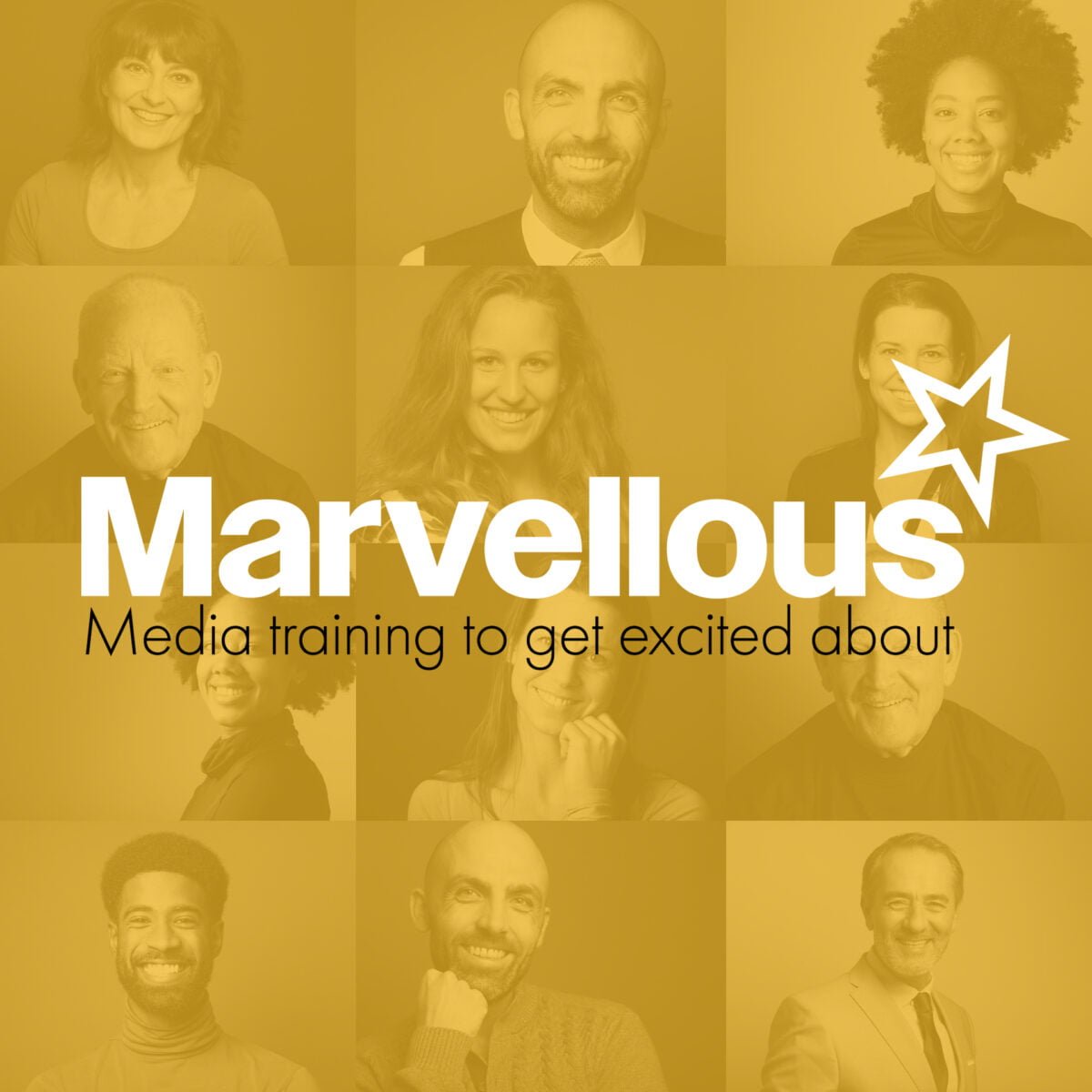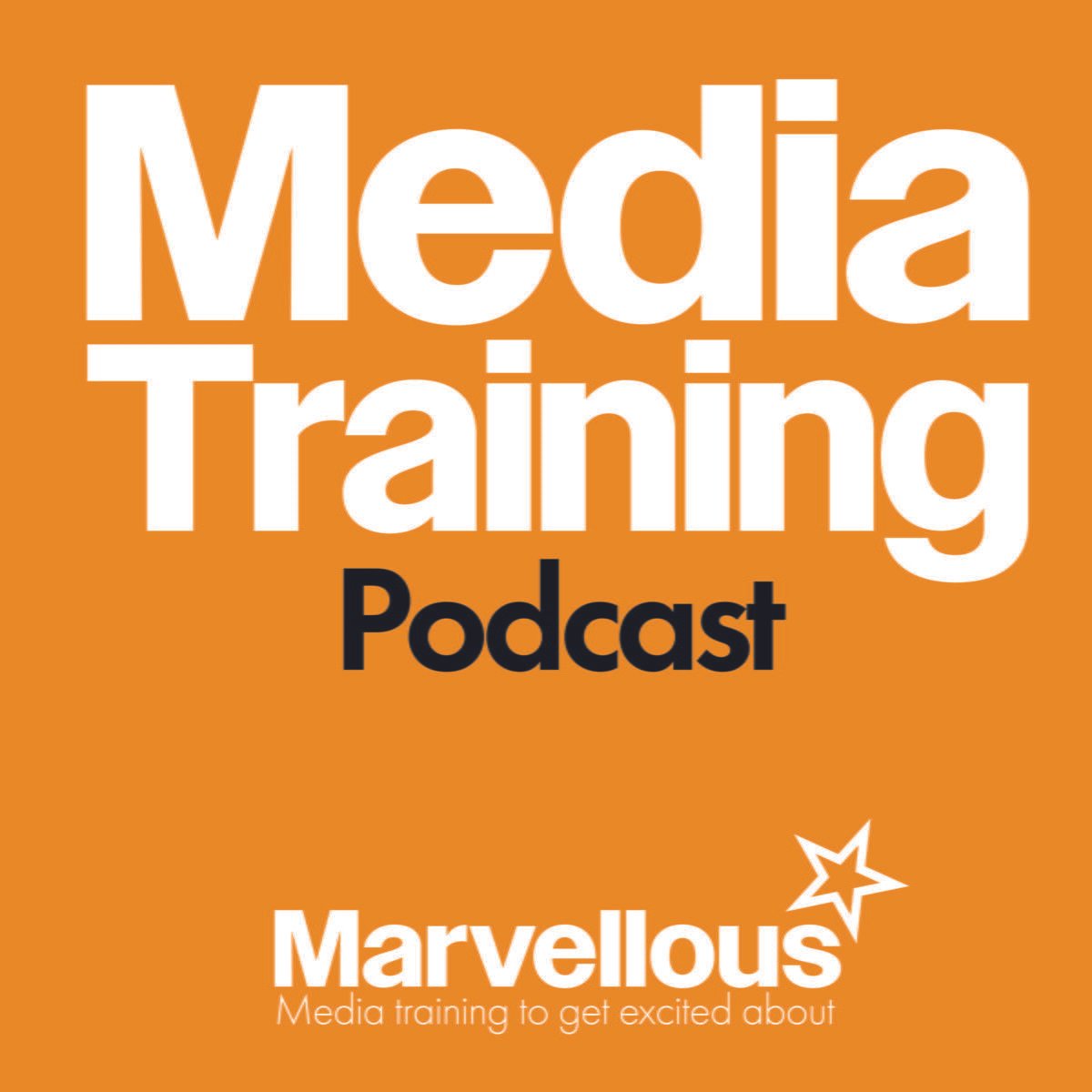Media appearances, the unwritten rules
Media Interviews: The Unwritten Rules. We are discussing the unwritten rules of appearing in the media, specifically TV and radio news. But a lot of this advice also extends to other media, print, online, and podcasts.
Right, let’s get into it.
Unwritten rule No. 1: You won’t get the questions in advance
What? That doesn’t seem fair. Why does this happen?
Well, there are a couple of reasons.
Journalists prefer not to share interview questions beforehand because it’s 100% likely that you’ll over-rehearse your answers, possibly even script them in advance, and that will look and sound terrible on air.
Journalists want to encourage spontaneous, authentic responses
Journalists want to encourage spontaneous, authentic responses rather than over-rehearsed answers. You’ll sound better speaking naturally and off the cuff.
I can hear you thinking, off-the-cuff! That sounds like a nightmare…
Don’t worry, some tips are coming up.











